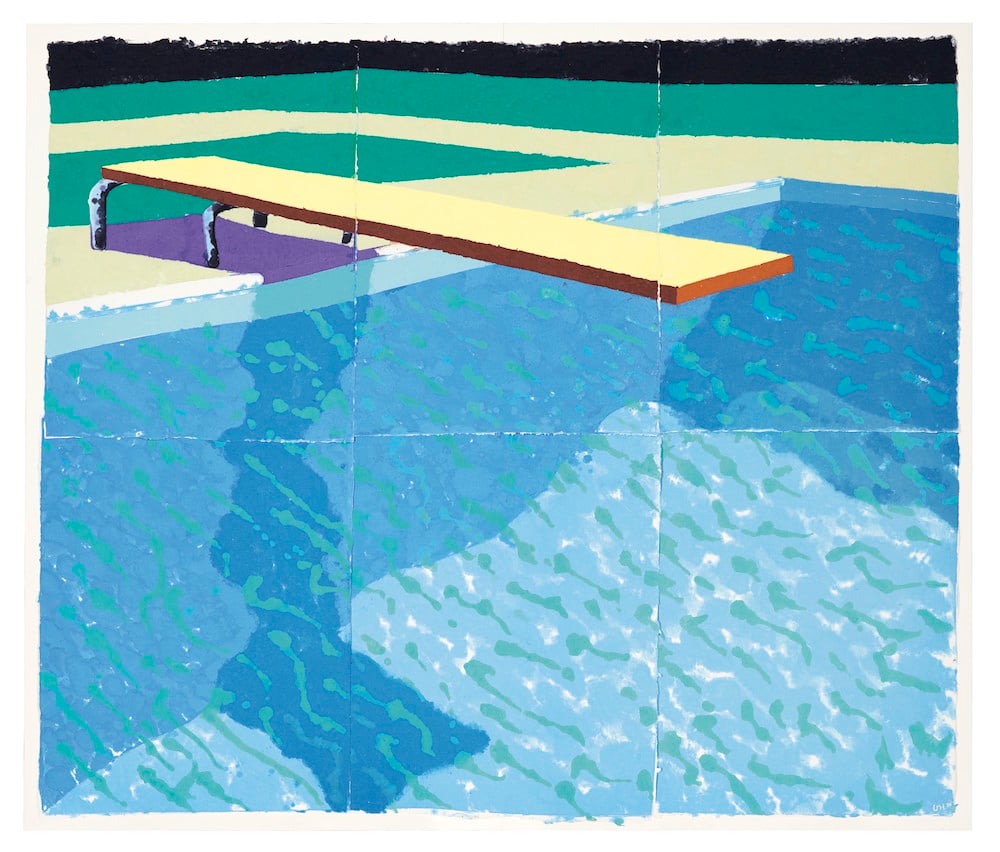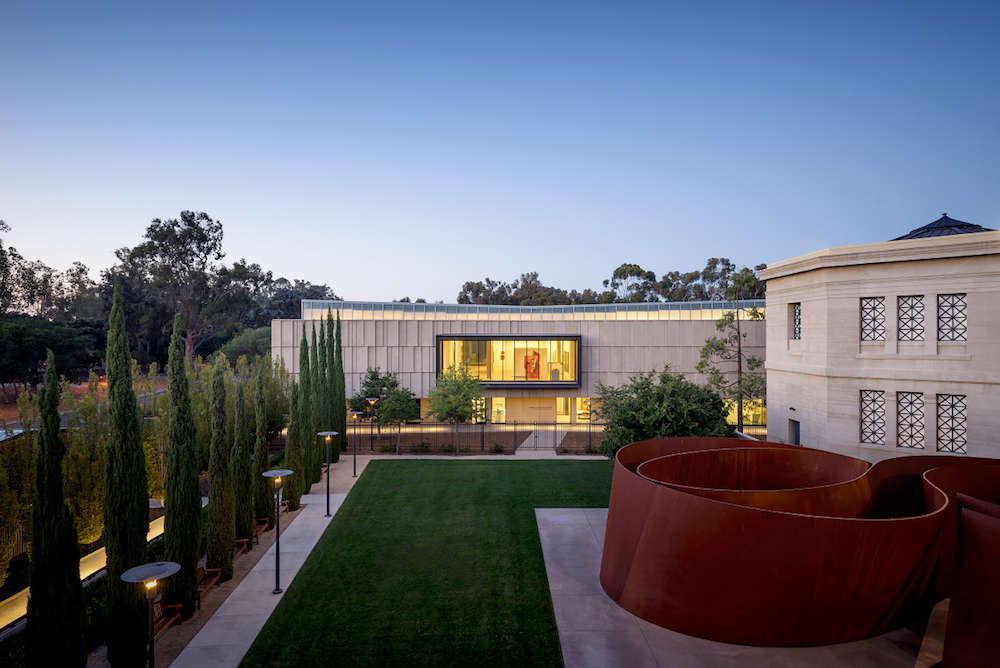Auctions
Christie’s Is Selling Off $45 Million in Art From Important West Coast Collectors ‘Hunk and Moo’ Anderson
A David Hockney paper pulp work is among the highlights.

A David Hockney paper pulp work is among the highlights.

Eileen Kinsella

Summer isn’t over yet, but auction houses are already looking ahead to the fall season with early news of blockbuster consignments for the New York sales in November.
Christie’s announced today that it will offer work from the prestigious collection of West Coast connoisseurs Harry W. and Mary Margaret Anderson, also known as Hunk and Moo, and their daughter, Mary Patricia Anderson Pence, nicknamed Putter. The sale is comprised of roughly 200 lots, and ranges from American paintings to Impressionist and modern art, prints and multiples, as well as major works from the postwar and contemporary periods.
Highlights include David Smith’s giant welded steel sculpture Five Ciarcs (1963), estimated at $10 million to $15 million, and an important 1978 work on paper by David Hockney, Sprungbrett mit Schatten (Paper Pool 14), made with pigment in paper pulp on six joined sheets, estimated to sell for $6 million to $8 million.
An untitled Alexander Calder hanging mobile from 1949 and Vija Celmins’s Starfield, a 1982 graphite on paper work, are also notable lots, though no presale estimates are available yet.
“Hunk and Moo Anderson not only collected the ‘best of the best,'” said Christie’s executive deputy chairman Barrett White in a statement, they also sought to build “meaningful, lasting connections with the artists whose work enriched their lives. As a couple, they formed nuanced understandings of the artists that appealed to them and only acquired their most instrumental examples.”
The Andersons were initially inspired to start collecting art after a visit to the Louvre in the 1960s. Over the next five decades they amassed a world-class collection that included many Abstract-Expressionist masterpieces. The couple made headlines in 2011 when they gave Stanford University a major gift of 121 works by 86 artists, including those by Jackson Pollock, Willem de Kooning, Franz Kline, Mark Rothko, Clyfford Still, and Ellsworth Kelly. Those works, which formed the core of their collection, are now on view to the public in a dedicated building on the Stanford campus designed by Ennead Architects.

The Anderson Collection, Stanford University by Ennead Architects. Image courtesy of Stanford University.
Following the gift to Stanford, the couple began to embrace the work of younger, emerging artists, a pursuit that Mary Margaret has continued following the death of her husband earlier this year at age 95.
At a 2013 event in New York to announce the opening of the Stanford building, a slideshow presentation included a shot of Pollock‘s large mural Lucifer (1947) hanging in daughter Mary Patricia’s childhood bedroom above her stuffed animals and dolls.
Given the breadth of the work on offer, the lots will be spread out over several sales, starting with evening and day sales of postwar and contemporary art in November and ending with an online-only sale in December. In all, the Anderson collection is expected to realize between $30 million and $50 million.
Selected works will be on view at Christie’s gallery in Beverly Hills from September 12—22 along with a sculpture garden on the roof which will showcase the top David Smith sculpture.